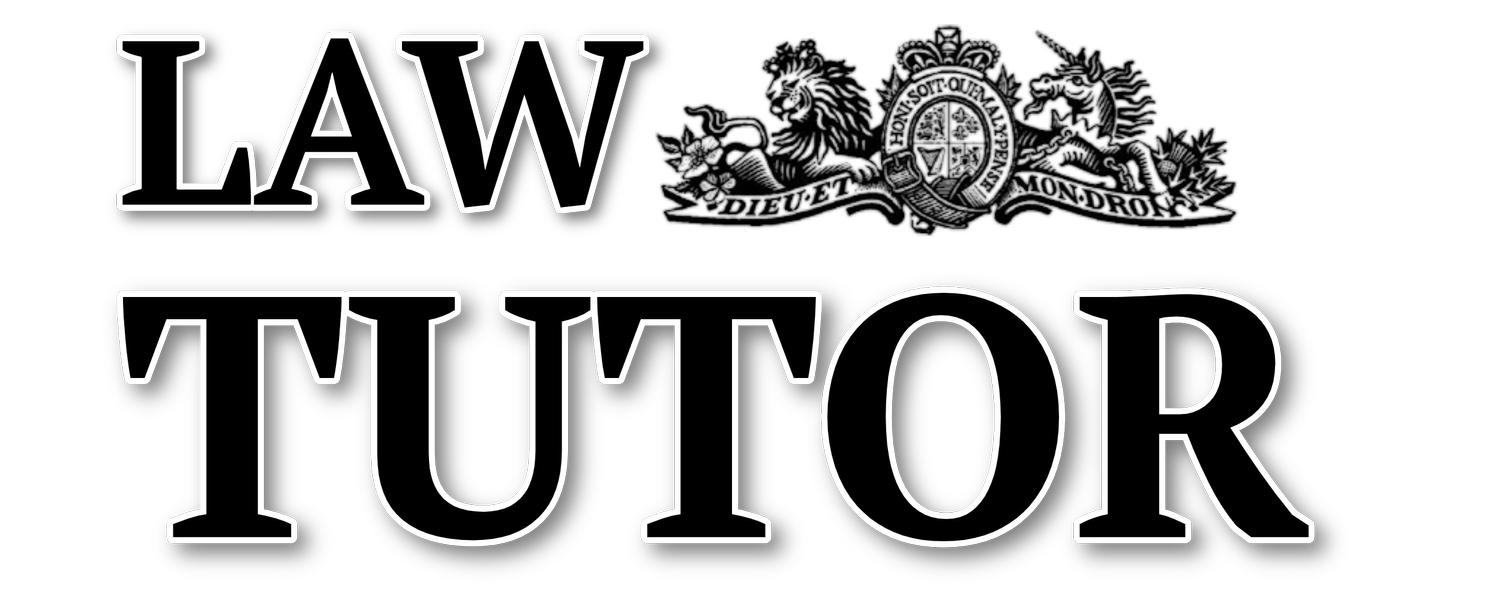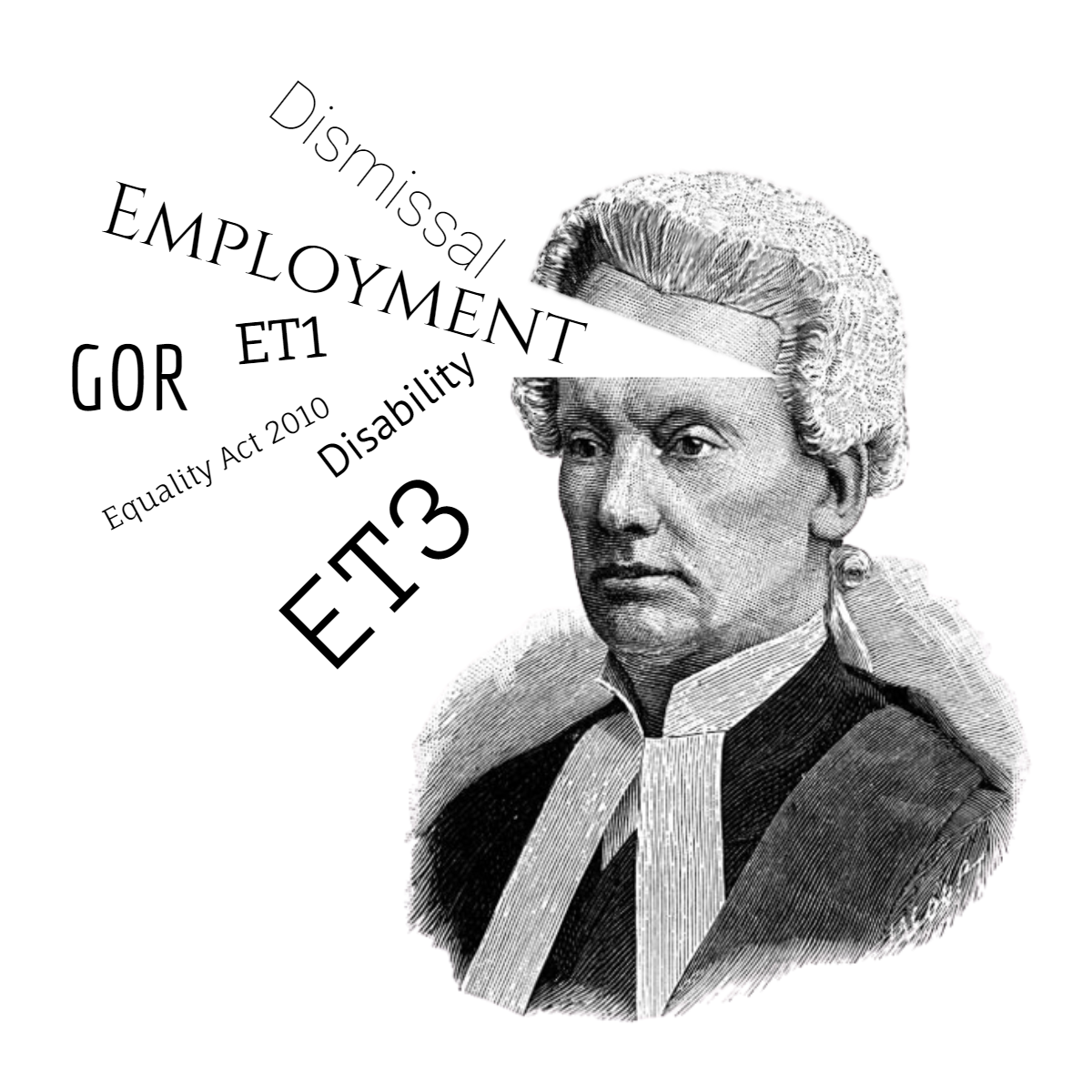AUTOMATIC
UNFAIR DISMISSAL
Automatic Unfair Dismissal
Automatic unfair dismissal refers to a situation where an employee is dismissed by their employer for reasons that are deemed automatically unfair by employment law. These reasons are outlined in legislation and include factors such as pregnancy, maternity leave, exercising certain statutory rights, or whistleblowing. The concept of automatic unfair dismissal aims to protect employees from being unfairly targeted or punished by their employers for engaging in activities that are legally protected. Examples include:
ERA section 100 – complaints about health and safety, refusing to work because of health and safety concerns. No upper limit on compensation.
ERA section 103A – protected disclosure. This is where an employee ‘blows the whistle’ on misconduct by others or things happening in the workplace that constitute illegality.
ERA section 104 – asserting a statutory right.
ERA section 108(4) - political opinions or affiliation. Introduced after the Redfearn v UK decision of ECtHR. Redfearn had not been discriminated against but his Article 11 freedom of association rights had been infringed. ECtHR did not hold that dismissal for this reason could never be justified but Redfearn had no way of challenging the dismissal because he did not have the two years’ qualifying period. The two year period does not apply where the reason or principal reason for dismissal relates to the employee’s political opinion or affiliation. But this is not automatic unfair dismissal.
Automatically Unfair Reasons
The employer is always likely to argue one of the five potentially fair reasons. However, the employee may contend that his/her dismissal was actually due to another reason. If the employee is able to successfully prove that his/her dismissal was due to one of the reasons listed below, the unfair dismissal claim will succeed at that point, and the tribunal will not consider the second limb of the unfair dismissal test, namely whether the dismissal was fair in all the circumstances. The following reasons are treated as ‘automatically unfair’:
Relating to pregnancy or maternity
Relating to other family friendly rights, including adoption and paternity leave
Relating to the role of a health and safety representative
Relating to the role of an employee representative
Being a trade union member or taking part in trade union activities
Asserting a right under the Working Time Regulations 1998
Exercising the right to be accompanied to a disciplinary or grievance meeting
Making a protected disclosure
Asserting a statutory right
Requesting flexible working
Exercising rights as a fixed-term worker
Exercising rights as an agency worker
Relating to part-time status
Insisting on being paid the minimum wage
Attending jury service
Being selected for redundancy for any of the above reasons
Following a TUPE transfer where there is no economic, technical or organisational reason entailing a change in the workforce
For a spent conviction or failure to disclose one
For most of the automatically unfair reasons, no period of continuous employment is required, with the exception of the last two on the list. Thus two years’ continuous employment is not required and the employer cannot justify dismissal.
Employment Coaching
Get help with your employment issue, as it arises at work. If you are having problems at work you may not understand where to start. I can coach you to navigate your Employment Policies and Procedures. This can help you argue your employment issue and organise any potential claim in the right way up to the employment tribunal if needed. As an expert law tutor I will guide and support you through the whole process. I offer simple, cost effective and confidential employment advice for employees/workers on employment issues you experience at work. I particularly want to assist anyone who has been discriminated.
Employment Advice
I have been teaching law for 20 years. Moreover, I have gained a lot of employment law experience advising both individuals and companies. I have had many successful outcomes but more than that I have had countless cases that ended in settlements because the case could not be won by the employer. If you are having problems at work why not get someone to teach you how employment law works. I provide valuable advice while you are having trouble at work and can coach you through a successful outcome. I have been just as effective for defending employment claims for businesses.
HOw I can Help?
I need to raise a Grievance
How to gather evidence for my grievance
How to appeal my grievance
Defend a disciplinary
Dealing with a potential unfair dismissal
Is this an automatic unfair dismissal?
What are protected acts?
Resign and claim constructive dismissal
Is my Redundancy fair
What is the process for Whistleblowing?


